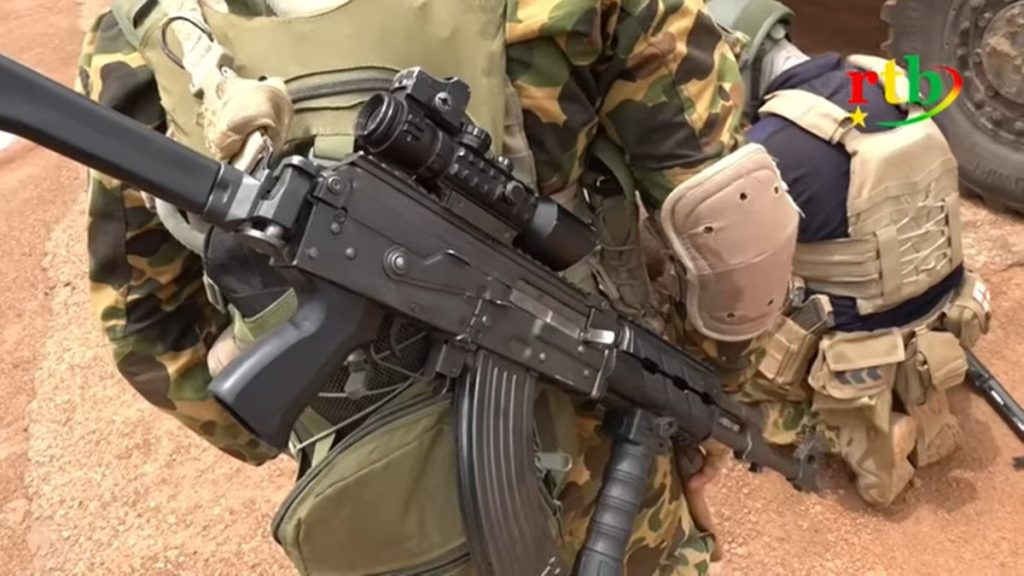Burkina Faso, a West African nation grappling with a deepening security crisis, has taken a significant step to bolster its armed forces in their fight against jihadists. The country recently acquired Serbian-made Zastava M05E1 assault rifles in caliber 7.62×39 mm, adding new firepower to its military arsenal.
The Zastava M05 E1 assault rifle belongs to group of new models of assault rifles in caliber 7.62×39 mm.
The decision to acquire these assault rifles underscores the critical security challenges Burkina Faso faces, both from internal and external threats. The country’s instability, exacerbated by events in neighboring Mali and Niger, has left it vulnerable to terrorist attacks. Burkina Faso has witnessed an increase in militant Islamic factions in its northern regions, often stemming from the marginalization and socio-economic isolation of local populations.
Burkina Faso, one of the world’s poorest countries, has grappled with a deadly jihadist insurgency since 2015. The insurgency has exacted a heavy toll, particularly in the northern and eastern regions of the country. Burkina Faso has experienced two coups this year, with leadership changes marked by accusations of failure to quell the violence.
The armed forces in Burkina Faso have had to contend with jihadists controlling approximately 40 percent of the nation’s territory. This situation, coupled with political instability, has placed the country in a constitutional crisis.
To address these challenges, Burkina Faso initiated a recruitment drive for 50,000 civilian defense volunteers to support its military in the fight against jihadists. The top priority remains securing the nation’s territorial integrity.
Notably, France, which had been actively involved in combating Islamist militants in Burkina Faso, recently ordered its soldiers to withdraw from the country within a month. This move represents a significant shift in the region’s dynamics, where Russia’s influence is on the rise.
Burkinababe Captain Ibrahim Traoré, who came to power in a September coup, has been pursuing closer ties with Russia.
“Russia is a reasonable choice in this dynamic,” Burkinabe Prime Minister Apollinaire Kyelem de Tembela said last week following a meeting with the Russian ambassador.
The decision to end the military alliance with its former colonial power, France, comes as a response to the failure to contain jihadist violence and growing Russian presence in the region. France’s withdrawal from Mali in 2021 and Burkina Faso now underscores a changing landscape where African nations are reevaluating their partnerships.
Burkina Faso is gearing up to take the lead in the fight against extremism with its armed forces, with no mention of continued Russian support. This development signifies a shifting geopolitical dynamic in the region and highlights the nation’s determination to address its internal and external security challenges more independently.
The acquisition of the Serbian-made Zastava M05E1 assault rifles signals Burkina Faso’s commitment to strengthening its military capabilities as it faces the complex and evolving security landscape in the Sahel region. The rifles will provide essential firepower as the country continues its fight against the scourge of terrorism and strives for a more secure and stable future.
